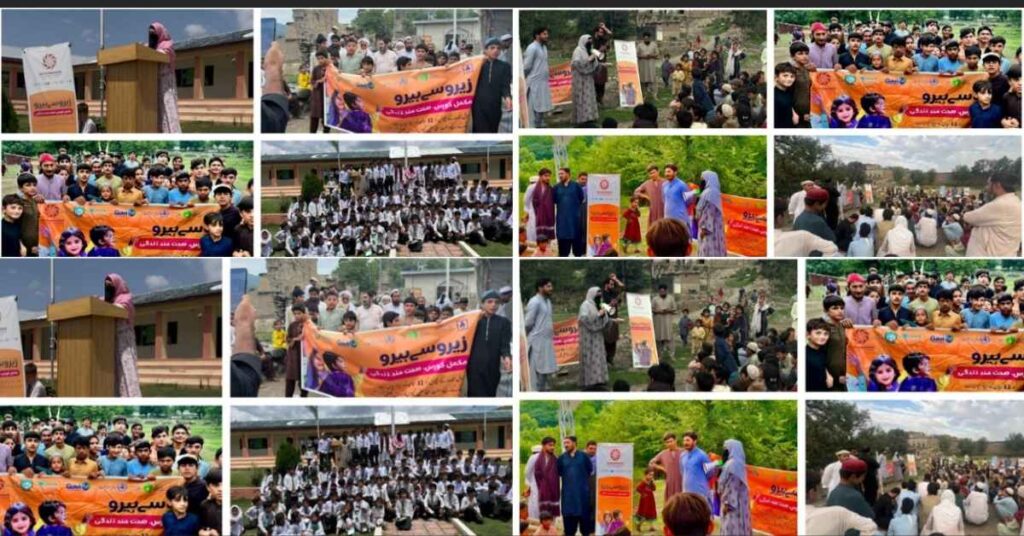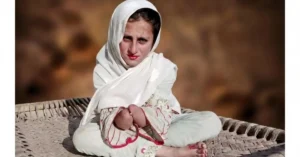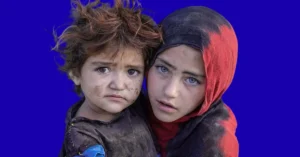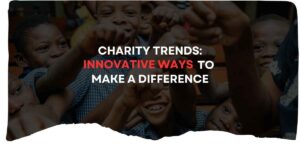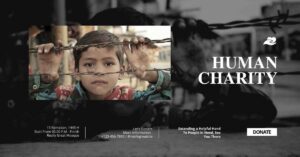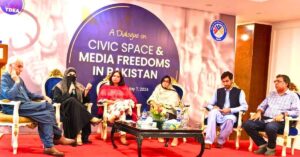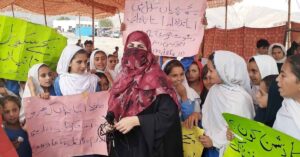
In Waziristan, a tribal, conservative, and underdeveloped region, it has always been challenging for women to assume public leadership roles. However, history witnessed a unique and inspiring moment when a courageous tribal woman, Razia Mahsood, broke through traditional, social, and cultural barriers to step forward in the service of children’s health.
With the support of UNICEF, the Razia Mahsood Development Foundation (RMDF) launched the “Big Catch” Immunization Awareness Campaign, led by Chairperson Razia Mahsood herself. She not only supervised the campaign but also actively participated on the ground, engaging directly with the local population.
The campaign focused on raising awareness about the importance of immunizing children against 12 deadly diseases, including measles, tuberculosis, meningitis, tetanus, polio, and others. The goal was to inform communities — especially parents — that vaccinating children is not just a medical necessity but also a social responsibility.
Breaking Traditions, Paving New Paths
Razia Mahsood’s initiative holds historical significance, as women in Waziristan have long faced limited access to education, healthcare, and decision-making roles. Yet, Razia, as a tribal woman, assumed leadership and brought together elders, youth, parents, and women to participate in this national cause. Her message was clear:
“Nations can only progress when women step forward and play their role in the health and education of children.”
Public Appreciation and Positive Response
The campaign received widespread appreciation across all segments of the community. Awareness sessions were conducted in villages, madrassas, mosques, union councils, and local marketplaces. Razia Mahsood was widely seen as an inspiring leader — someone who proved that a woman can indeed lay the foundation for change in Waziristan.
Vision for the Future
This initiative by Razia Mahsood and RMDF marks not only a milestone in public health but also the beginning of a broader movement — one that aims to promote women’s leadership, improve access to healthcare, and raise awareness in tribal communities.

